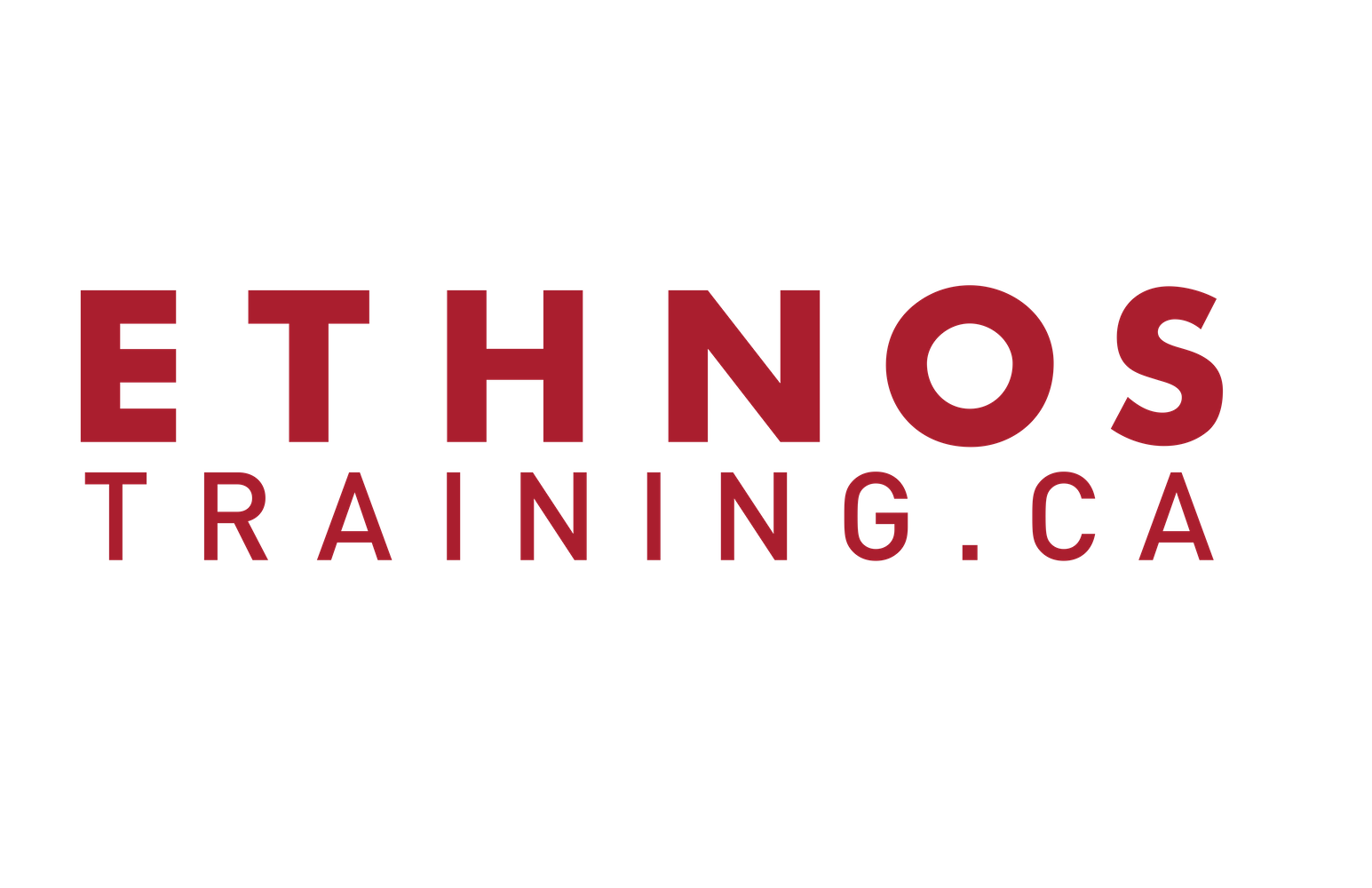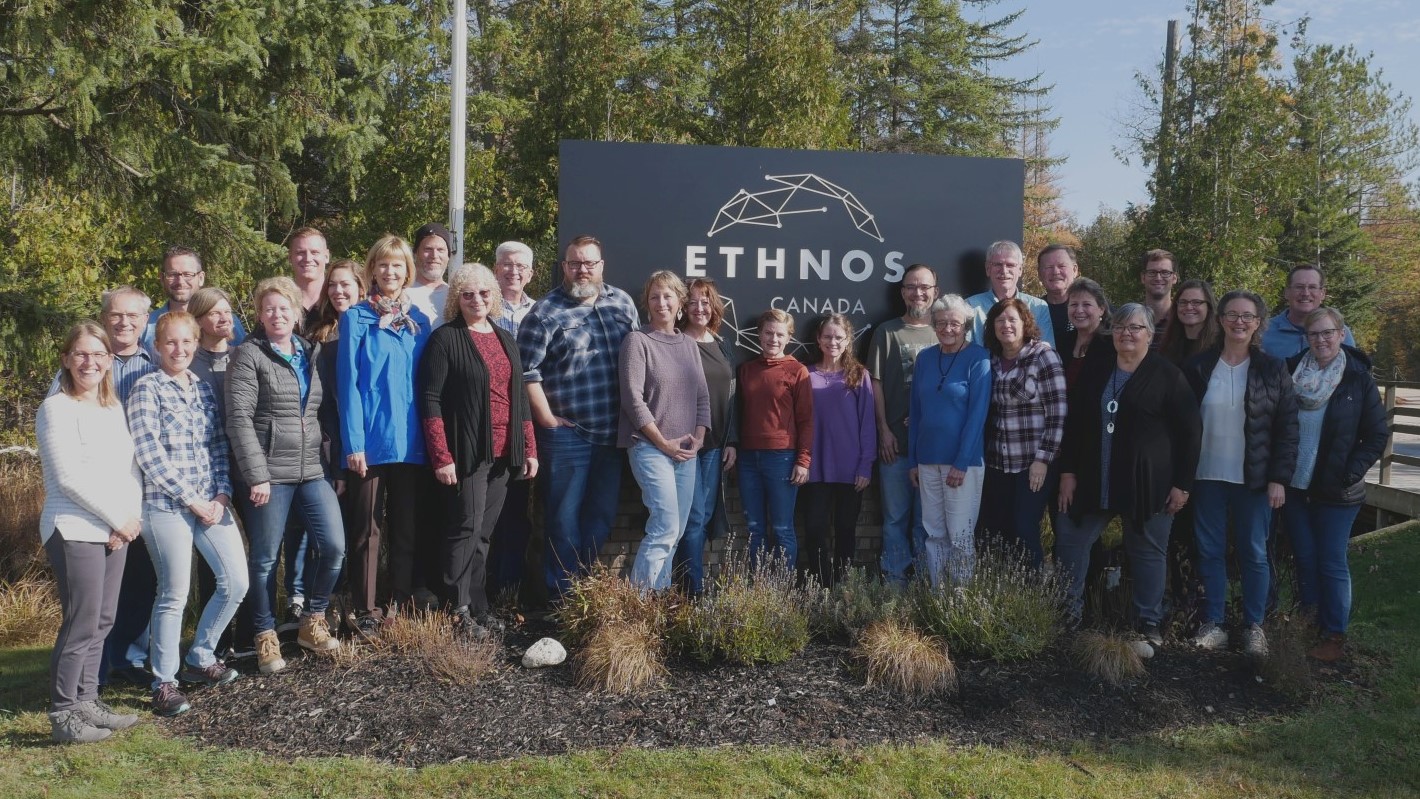We are the missionary training centre of Ethnos Canada. Ethnos Canada is one of many mission agencies that exist today. But what are mission agencies and why are they beneficial?
In our last two blog posts, we looked at the biblical precedent for mission agencies. This time, we’re going to consider some of the practical benefits of working with a mission agency like Ethnos Canada.
1. Finding the People
Suppose you’ve been praying about being an ambassador of Jesus Christ to an unreached people group somewhere in the world. You’ve checked out Joshua Project and chosen a people group at random. After one day of research, you quickly know more about the Mamanwa people of the Philippines (for example) than anyone in your home church.
But how do you find them? Are they willing for you to live among them and learn to communicate with them? Where will you get the most up-to-date and relevant information about them?
Why not start by asking which mission agencies are already working in the Philippines? As it turns out, Ethnos Canada’s partner organization (NTMPI) has been working in the Philippines since 1952.
They know the people groups. They’ve flown over their villages on their way to neighbouring tribes. They’ve heard stories about their culture from their nearest neighbours. They know what language they speak and whether they are receptive to outsiders. They’ve sent ministry assessment teams to better gauge their current access to the gospel.
When you go with a mission agency, you benefit from all that preliminary work. Rather than picking a people group at random, you’ll lean heavily on the collective knowledge of your field team as you consider which people groups are in need of missionaries–and ready to receive them!
2. A Support Team
Christians were never intended to work alone. Missionaries may experience seasons of loneliness and isolation, but that’s never the ideal. We need one another.
“Just as a body, though one, has many parts, but all its parts form one body, so it is with Christ.”
-NIV, 1 Corinthians 12:12
That’s true within the local church, and it’s true globally. A mission agency provides leadership, logistics, support, and accountability to missionaries on the field.
Ethnos Canada’s missionaries arrive on the field like babies in a new language and culture; but they aren’t alone.
Language consultants help them make steady progress in the new language and culture. National leadership teams see the big picture in the country or region and help church planters establish teams and move out to strategic locations. Church planting consultants and translation consultants leverage their own field experience and provide valuable insight and advice. In some contexts, supply buyers and missionary pilots serve as a lifeline to keep remote teams stocked with food and supplies, reducing travel time and interruptions. Accountants, bookkeepers and government representatives help missionaries navigate the financial and legal logistics of living and working in a foreign country. Teachers and educational consultants help families provide for their kids’ educational needs as they live and serve in a truly unique environment.
There are too many roles to mention; God uses many kinds of people with diverse job descriptions to accomplish His purposes around the world. However you structure and coordinate this network of believers, it’s a mission agency.
Why is a diverse team so valuable?
3. Training
One of Ethnos Canada’s distinctives is our commitment to equipping missionaries for the job ahead of them. From the early days of New Tribes Mission, it became clear that a unique type of training would be necessary to prepare would-be missionaries for the task of reaching the unreached. It wouldn’t be the kind of training you’d find in a college, seminary or local church.
Living in some of these tribal locations involves a special skillset. For instance, the remote church planter may build a house, decipher an unwritten language, translate and teach the Bible. Although each member of a church planting team will have strengths and weaknesses, all of them need to become lifelong learners, while depending heavily on the Lord. That mindset is what we’re all about.
Since the early days, the training has been shaped by the lessons learned by generations of missionaries. We train missionaries in missions methodologies that have been field-tested. The training provided by mission agencies like Ethnos Canada is a benefit to future missionaries because of our unique knowledge base that is directly applicable to the contexts in which they will one day work.
We value the role Ethnos Canada plays in the Great Commission, but we also recognize that mission agencies are a means to an end—not an end in itself. The goal is to make disciples of all nations, and the means is (and always has been) for believers to work together strategically. As we seek to be ambassadors of Christ where He is not yet known, it behooves us to take the time to organize our efforts, to share the load with one another, and to learn from those who have gone before.
Facing a task unfinished that drives us to our knees
A need that undiminished rebukes our slothful ease.
We who rejoice to know Thee renew before Thy throne
The solemn pledge we owe Thee–to go and make Thee known.
-Keith Getty, “Facing a Task Unfinished”
The task unfinished is enormous, and it’s going to take teamwork!

